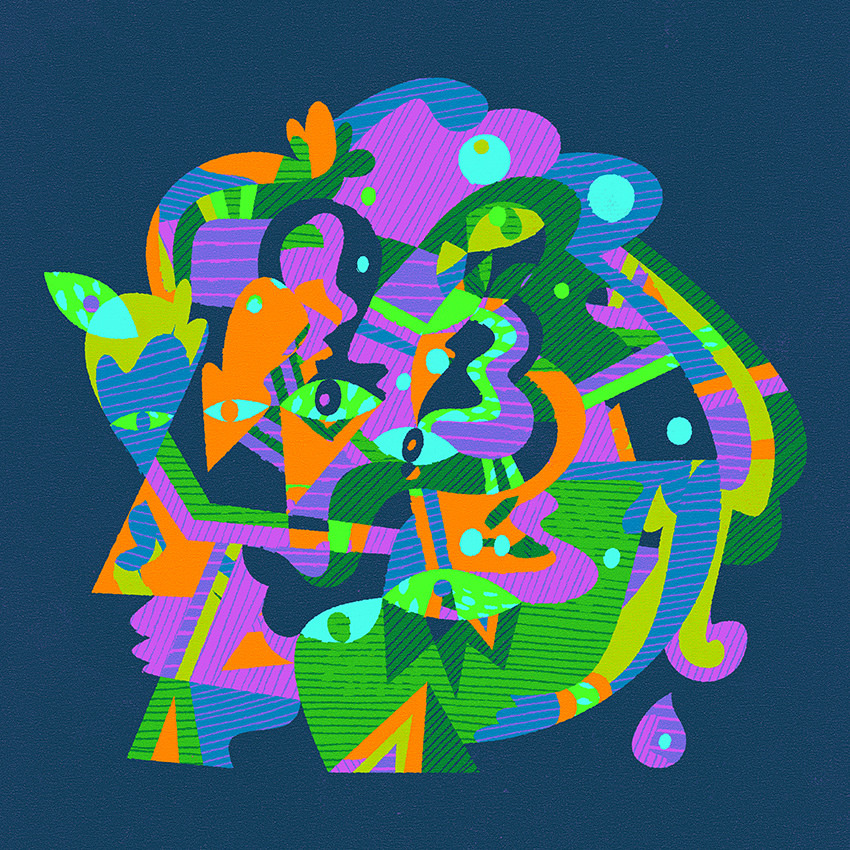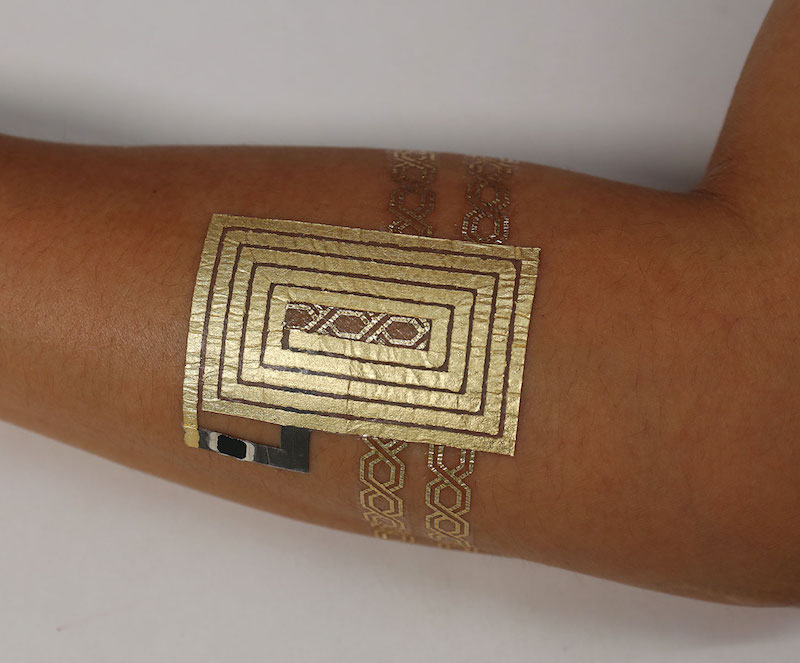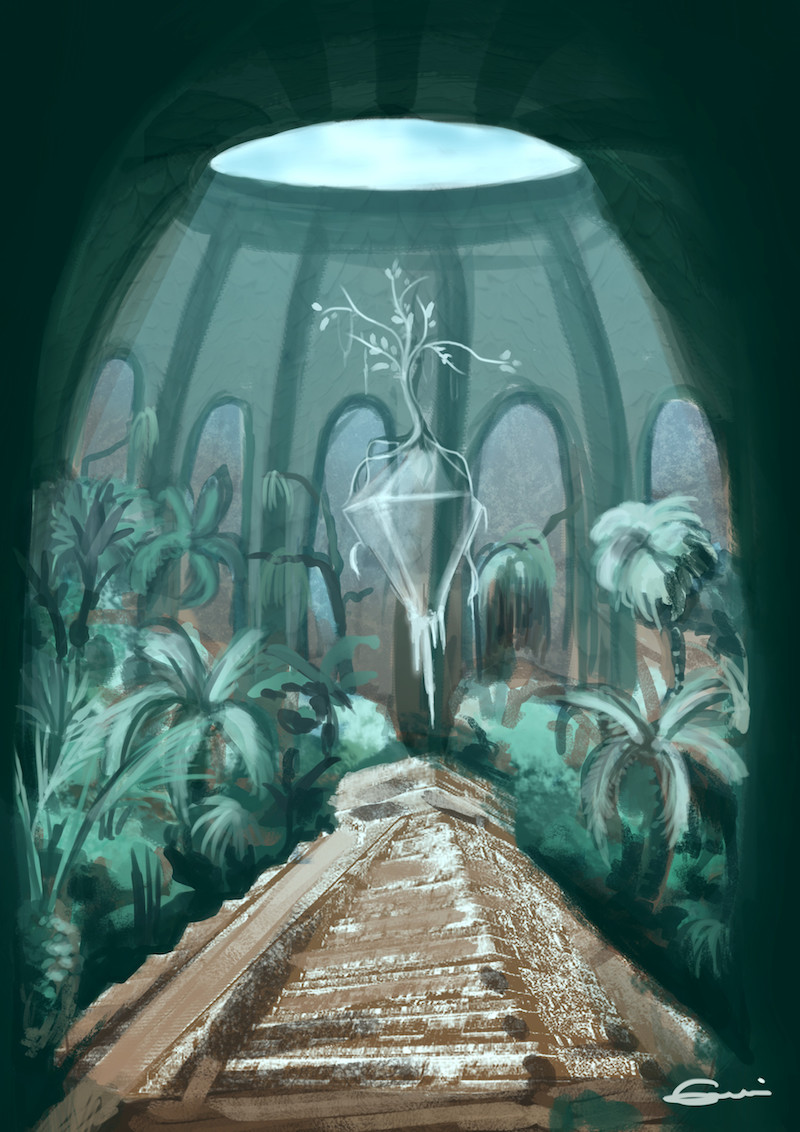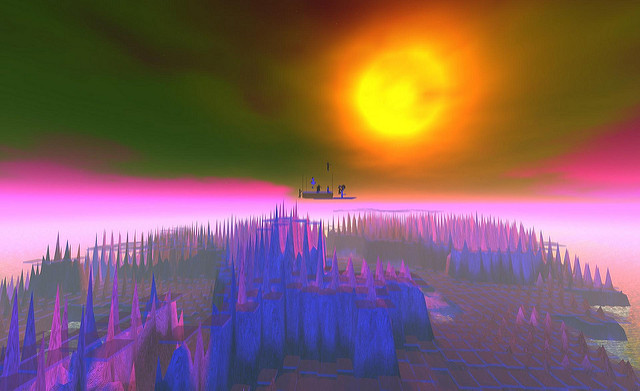Sara Watson wrote about the contradictory selves that each of us scatters around on the internet:
I catch glimpses of her in sidebars and banners, in the branded ads creeping into my infinite scrolls. She surfaces in recommendations and personalized results — fleeting encounters unless captured by screenshot.
She is a pixelated, automated portrait of myself. She is fragments, an amalgamation I see in the digital mirror. She’s me, now through a glass darkly.
She is a pastiche of my patched-together digital detritus. She is my browsing history, my status updates, my GPS locations, my responses to marketing mail, my credit card transactions, and my public records.

Artwork by Matt Lyon.
As a pretty public person who makes a living writing (or at least tries to), I struggle with this. I don’t care about the personal effect that ~surveillance capitalism~ has on me (I do care about the political effects, don’t worry!) because let’s be real, the personal effect is nil. I just get advertised to a little more effectively. But it does frustrate me that my public persona is so fractured.
There’s cyberpunk me, which you get exposed to via this newsletter, and which also comes out in the chat group, on Twitter, and on Hacker News. There’s business-y me on Twitter, my website, and occasionally Facebook. But I have a whole separate sphere of interests centered on makeup and other “girly” stuff, expressed via Instagram and Reddit.
I feel really weird when I “cross the streams” by talking about makeup on Twitter or whatever. I’m not presenting something cohesive, from a branding perspective. And since clients come from everywhere, that potentially threatens my livelihood, or at least de-optimizes it.
There are always tradeoffs. The internet and social media have been such a boon to me, especially since I do not function well in normal office environments, but constantly pitching myself to anyone who drops by is exhausting.







